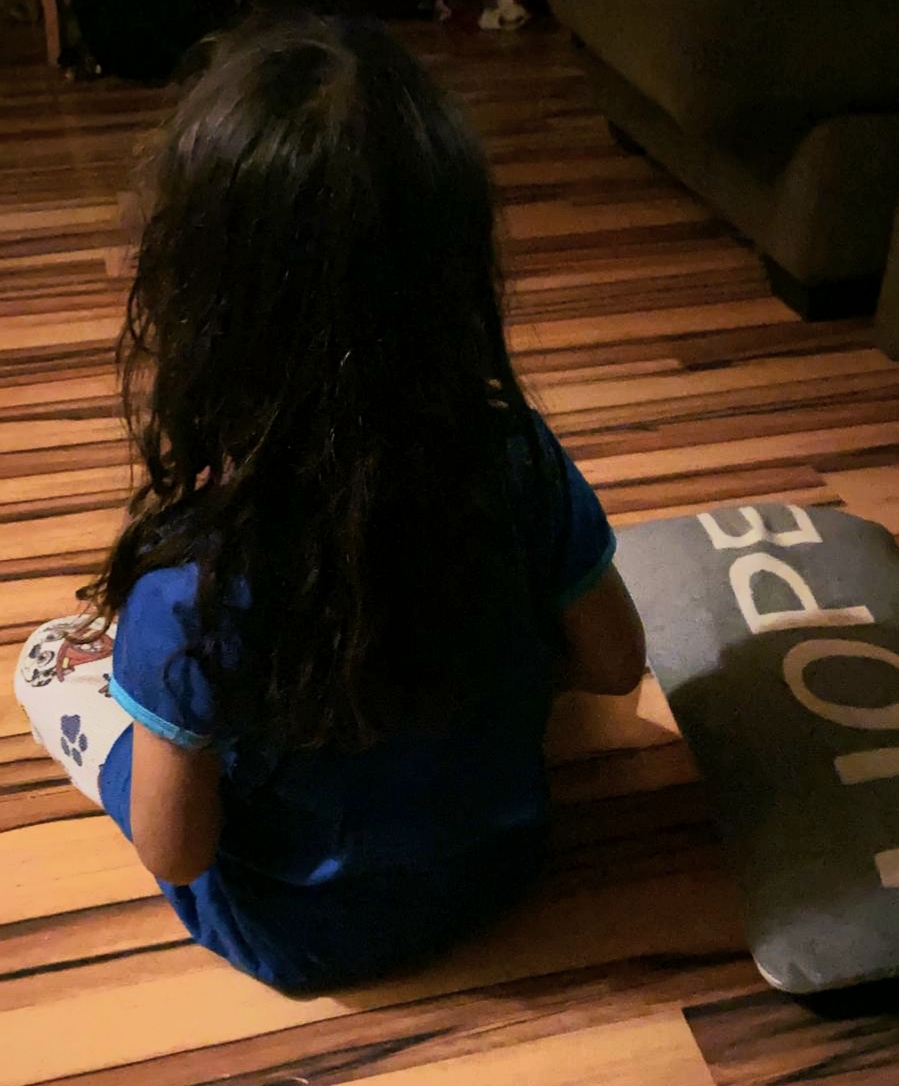‘Tis the Season: Coping with Grief During the Holidays
It’s ok to dread the Holidays.
Photo credit: @chadmadden
December 20, 2020
Christmas carols heard ad nauseum. Fruit cake. Talks of last-minute shopping online or safely in stores, and posts about celebrating the New Year. It is the Holiday season. And soon we will be counting down the start of the New Year.
Despite our hardest attempts, we do not exist in a social bubble, and we cannot escape the constant reminders that we are spending yet another Holiday season (or the first one) without our loved one. While everyone else is running around brainstorming decoration ideas or what to bake, those of us who have lost a loved one are left with only one thought: I wish ______ was here; how can I get through this time without ______?
Grief is hard any time of the year. It becomes especially harder when we can anticipate an upsurge in our emotions as we are bombarded with reminders that this time of year would be so much better if our loved one was with us. ‘Tis the season: to crawl into our beds with a box of tissues and a pizza, covered by the coziest blanket, and wait until it’s all over. Are you caught between a desire to self-isolate or celebrate? Do you feel forced to cheer up at the subtle request of those around you who are not grieving? What can you do?
Tip 1: Remind your support system and take advantage of them.
Unfortunately, we live in a very grief illiterate society. People fear mentioning loss because they don’t want to upset the survivor by reminding them (as if forgetting is a choice). They are even more fearful of saying the wrong thing and choose to say nothing at all. Worse yet, they might be so wrapped up in their own lives that they forget how difficult this time of year is for you. It may be helpful to remind your close support system of your loved one’s death and what this time of year means to you so that you can get the support you need. This reminds them that they need to check on you and lets them know it’s okay to ask about your grief. Don’t have a support system but need someone to talk to? Call your local crisis phone line (or book a session with me!). You do not need to be in an immediate crisis to receive emotional support.
Tip 2: Talk about them- the good and bad.
Sharing memories of your deceased loved one with people you trust can be quite therapeutic. You can choose to remember them however you’d like, crying tears of laughter or sadness. Whatever way you decide, giving a voice to your grief experience can be beneficial, and may allow you to feel in control of your mental and emotional state during a time when you feel most helpless.
Tip 3: Discover ways to honour your loved one.
You can create new traditions or continue old ones with a twist to commemorate your loved one. Have a candlelit ceremony. Play their favourite songs or movies. Bake their favourite foods or write them a letter. These are all ways that can help you feel connected to your loved one and feel their presence during the Holidays.
Tip 4: Schedule in time to rest.
Grief has many physiological effects one of which is fatigue. Whether it’s a couple minutes or hours in a day, or even multiple days during this period, give yourself time to relax. You may find your emotions extremely overwhelming and think that the best option is to distract yourself to avoid feeling. By distracting yourself and creating a full schedule, you can add to your already overflowing cup. If you still choose to make a full schedule, pencil in time to do absolutely nothing so you can rest and replenish physically and mentally.
Tip 5: Look for the Joy.
Whether you believe it or not, there is Joy in grief, and you do not have to feel guilty about finding it. If you do feel positive about this Holiday season, embrace it and know that there is nothing wrong with that. Allow yourself to be happy amidst the absence of your loved one.

